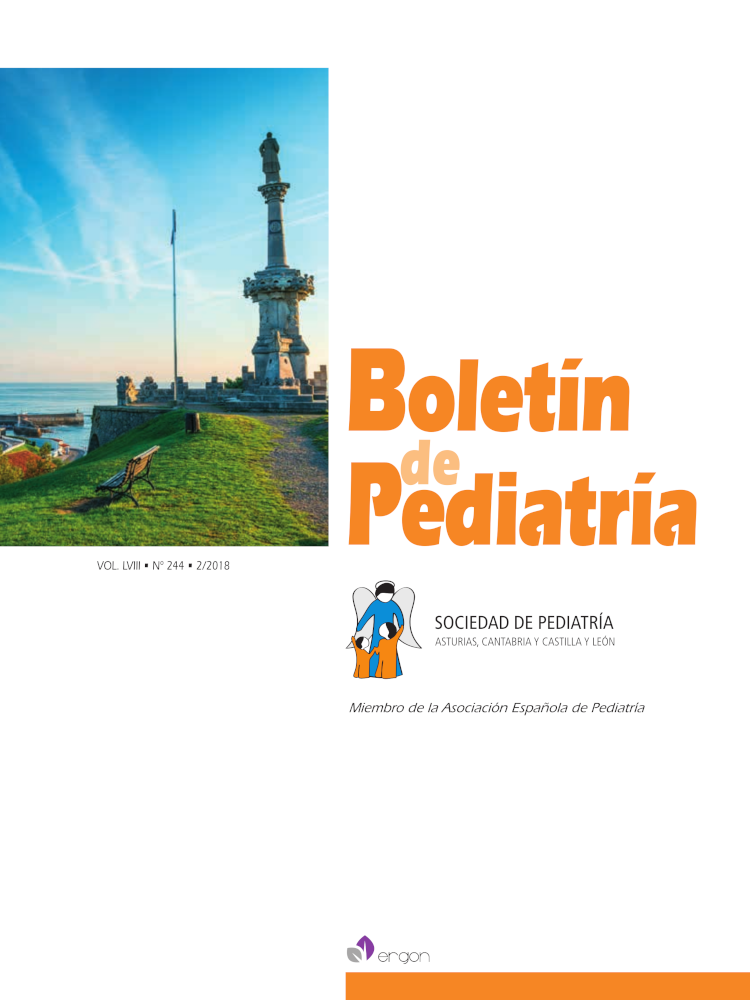Abstract
Introduction. Group B Streptococcus keeps on being responsible of an important amount of neonatal sepsis and meningitis. In spite of intrapartum antibiotic prophylaxis, late-onset disease rates remain unchanged.
Patients. We report on twins who both twice developed GBS late-onset sepsis at 7 and 10 days of life. First twin also suffered meningitis. After recovery, second twin had a recurrence associating endocarditis. Group B Streptococcus was isolated from breast milk samples, though their mother had no rectovaginal colonization (before and after delivery).
Conclusions. Different factors influence late-onset prophylaxis and treatment. Synchronicity of episodes in both twins, recurrence suffered in the second one and isolation of Group B Streptococcus in milk breast samples should make us think about the implication of different ways of trasmmision. There is no evidence on whether breast milk should be ceased when found to be Group B Streptococcus contaminated. Further investigations are needed to elucidate the prevalence and pathophysiology of this transmmision via.

This work is licensed under a Creative Commons Attribution-NonCommercial 4.0 International License.
Copyright (c) 2018 Boletín de Pediatría
